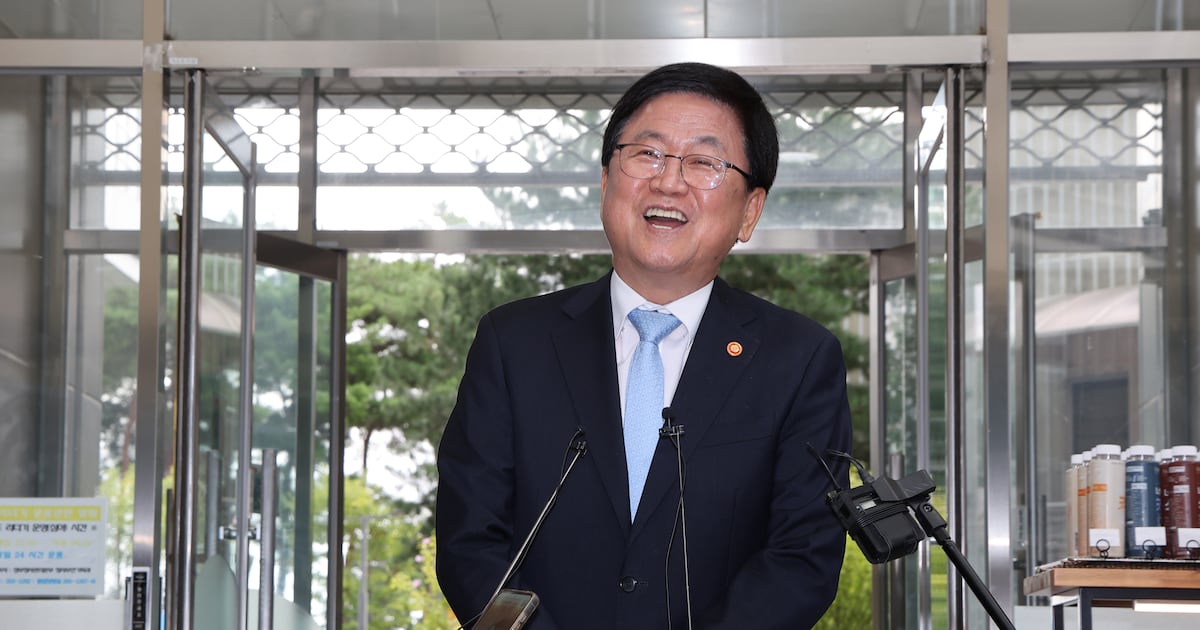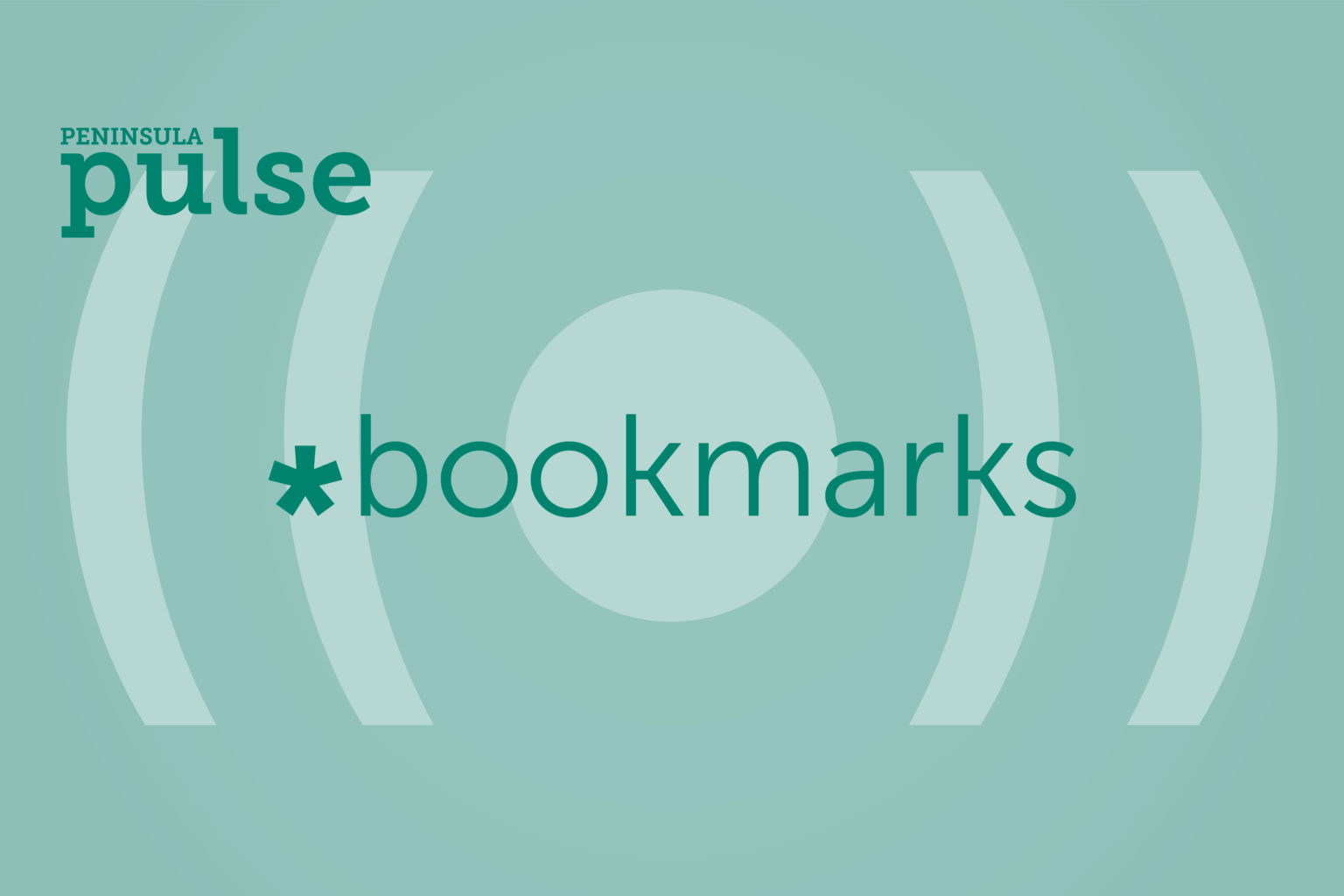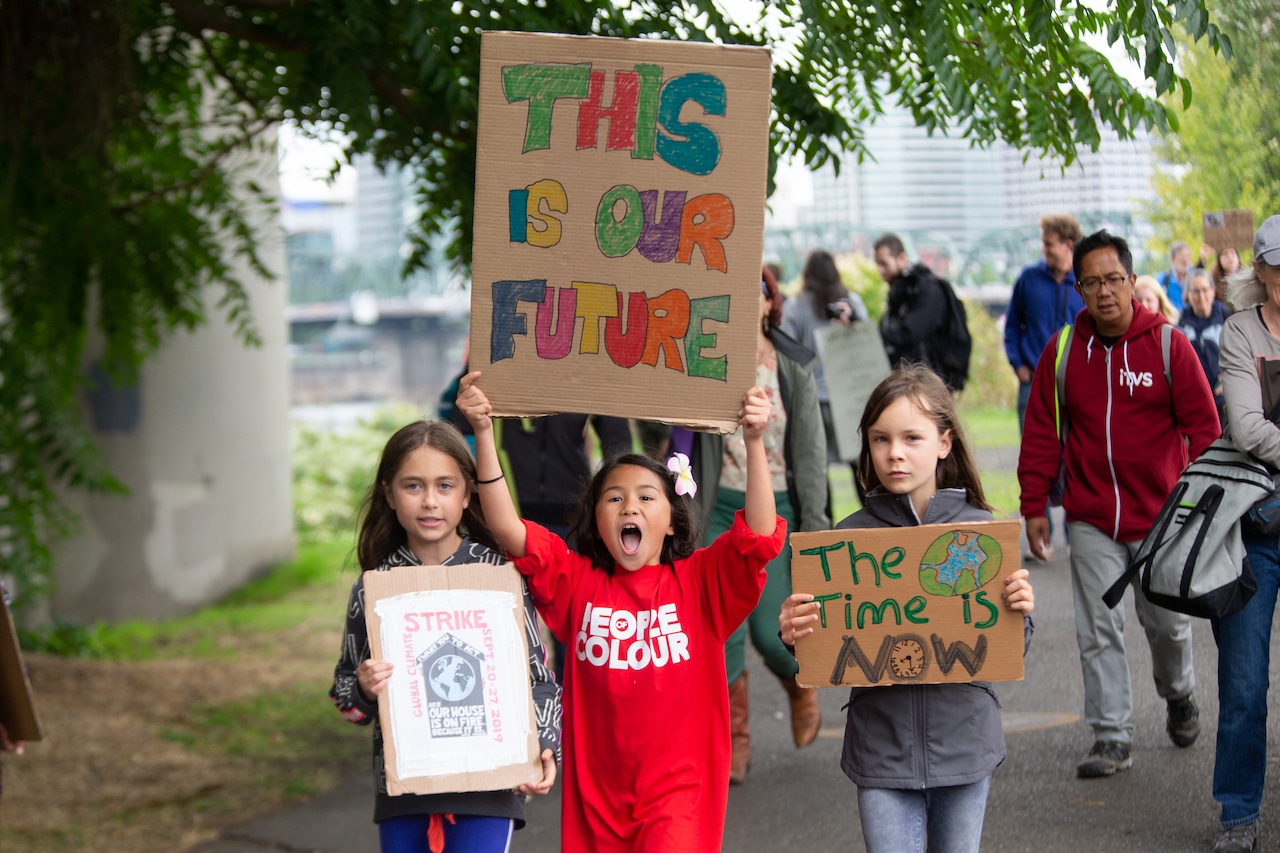Education Overhaul: Minister Choi Vows to Transform Teacher Working Conditions

In a bold move to reshape South Korea's educational landscape, newly appointed Education Minister Choi Jung-ho has committed to addressing long-standing concerns within the education sector. During his inaugural address, Minister Choi outlined a comprehensive strategy aimed at transforming the nation's educational environment and responding to critical challenges faced by teachers and students.
Central to his vision is a significant reduction in the intense academic competition that has long characterized South Korean education. Recognizing the immense pressure students face, Choi pledged to implement reforms that will create a more balanced and supportive learning ecosystem. He emphasized the need to shift from a high-stakes testing culture to a more holistic approach to education.
A key focus of the minister's plan is enhancing digital literacy, particularly in artificial intelligence. Understanding the rapid technological advancements, Choi stressed the importance of preparing students for a future increasingly driven by AI and digital technologies. He proposed comprehensive AI education programs that will equip students with critical skills for the 21st-century workforce.
Furthermore, Minister Choi signaled a renewed commitment to civic education, aiming to develop well-rounded citizens who are actively engaged in social and democratic processes. By strengthening civic education curricula, he hopes to nurture a generation of informed and responsible individuals.
The announcement comes in direct response to ongoing concerns raised by teacher unions, who have long advocated for improved working conditions and educational reforms. Choi's proactive approach signals a potential new era of collaboration between educational administrators and teachers.
As the education sector watches closely, Minister Choi's comprehensive strategy represents a promising step towards a more balanced, innovative, and student-centered educational system in South Korea.








